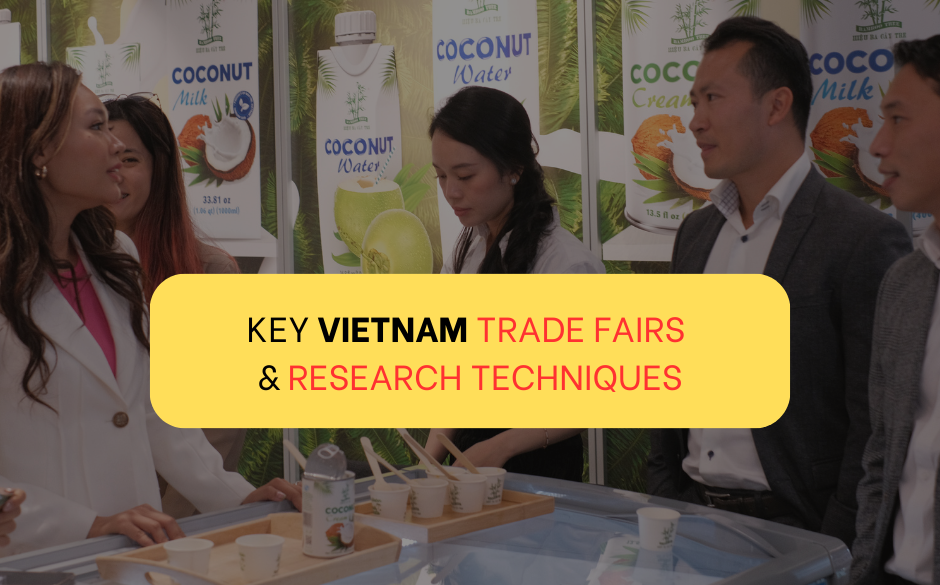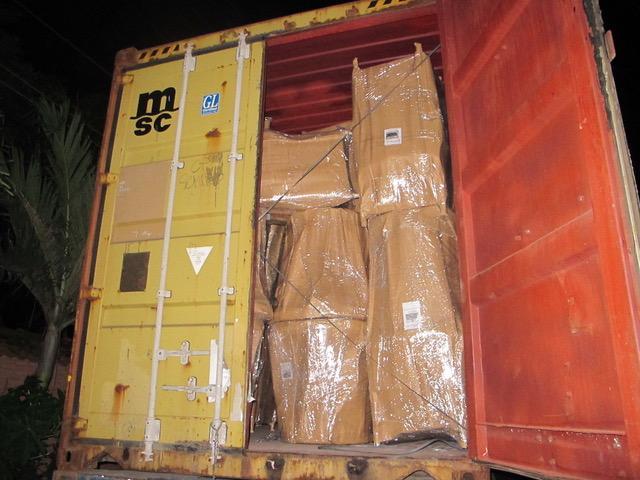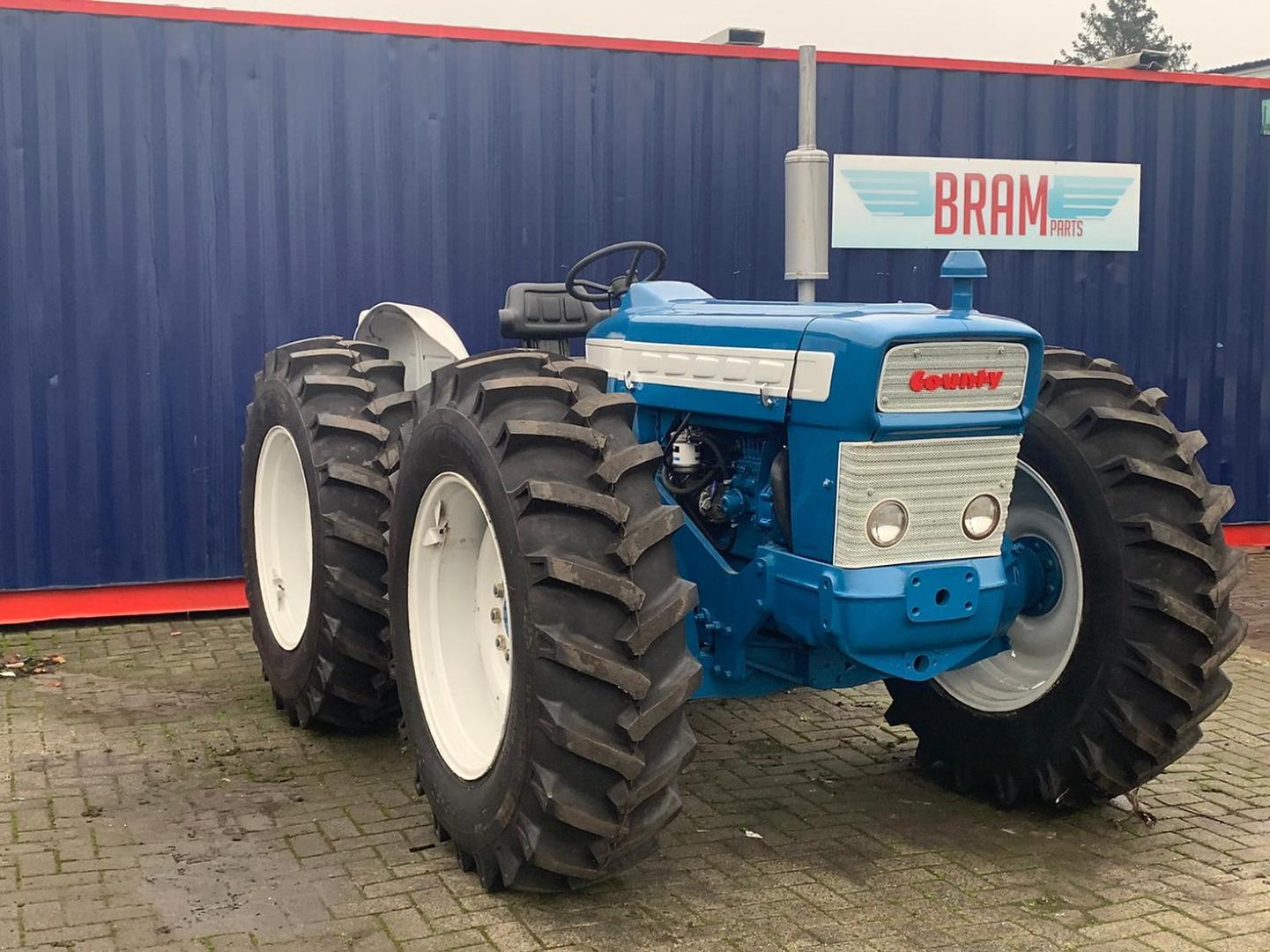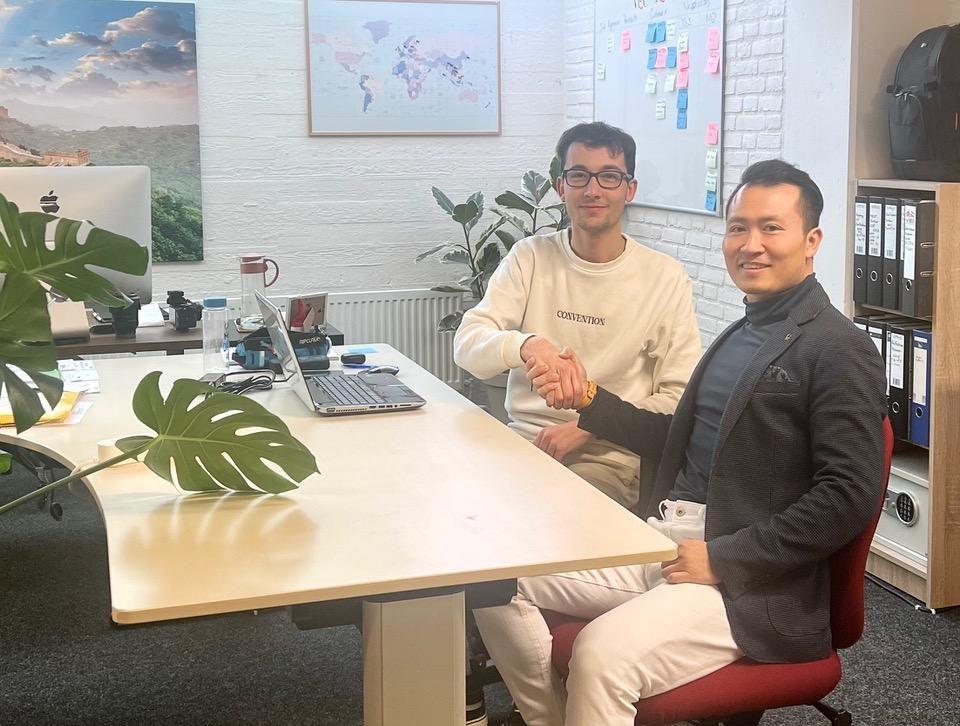Introduction
The Dutch-Vietnamese trade relationship has a rich history that goes back centuries. In recent years, this relationship has grown even stronger, with the Netherlands being one of Europe’s largest trading partners for Vietnam. After 10 months beginning of 2022, the total trade volume between the two countries reached 9.2 billion USD, with Dutch exports to Vietnam totaling 549 million USD, a slight decrease of 6.6% compared to 2021 because of being affected by the Covid pandemic.
However, cooperation in all fields of economy, science, education, culture, trade, and investment… has increased rapidly. A strategic partnership was formed during this period and a comprehensive partnership was formed during Prime Minister Mark Rutte’s visit to Vietnam (April 2019). Based on this, Dutch businesses must consider the specific needs and preferences of Vietnamese consumers to succeed. Here is some information regarding ways Dutch products meet Vietnamese needs.
Understanding Vietnamese Customer Needs
To succeed in the Vietnamese market, Netherlands businesses must first understand the unique needs and preferences of Vietnamese consumers. This includes considering cultural considerations and interests, economic and social factors that influence consumer behavior, demographic trends, and target markets.
Cultural considerations and preferences play a significant role in shaping consumer behavior in Vietnam. For example, Vietnamese consumers place a high value on personal relationships and trust and are more likely to purchase from brands that have established a strong reputation in the local market. Additionally, Vietnamese consumers value family and community and are more likely to respond positively to brands that reflect these values in their marketing strategies.
Economic and social factors are also very essential in shaping consumer behavior in Vietnam. With a growing middle class and rising disposable incomes, Vietnamese consumers are increasingly seeking out high-quality products that offer good value for a suitable price. In a survey conducted by Nielsen in 2021, 63% of Vietnamese consumers said that quality is the most important factor when choosing a product, followed by price (58%) and brand reputation (53%).
Additionally, the younger generation of Vietnamese consumers is highly influenced by global trends and is more likely to seek out products that are socially and environmentally responsible. It seems that there is potential for the Netherlands and Vietnam to collaborate on sustainable trade and promote the exchange of sustainable products and technologies.
Demographic trends also have an impact on consumer behavior in Vietnam, and businesses must carefully consider target markets when developing marketing strategies. For example, while urban areas are seeing significant growth in purchasing power, rural areas still make up a significant portion of the population and have their own unique preferences and needs. Based on data from the General Statistics Office of Vietnam, urban areas have seen significant growth in purchasing power over the past few years. For example, in 2019, the average income of urban households was 4.8 times higher than that of rural households. This trend is expected to continue in the coming years, as urbanization and economic growth continue to drive up wages and income levels in cities.
Moreover, the Vietnamese population is relatively young, with a median age of 31.4 years, according to the World Bank, as of 2021. This means that businesses that are able to appeal to younger consumers are likely to see success in the Vietnamese market.
Dutch Products Meeting Vietnamese Customer Needs
Dutch businesses have a reputation for producing high-quality, durable products that meet the needs of discerning consumers. This reputation has helped Dutch brands establish a strong presence in the Vietnamese market. However, in order to continue to succeed in this market, Dutch businesses must also take into account the particular requirements and desires of Vietnamese consumers.
One way that Dutch businesses can appeal to Vietnamese consumers is by developing innovative and sustainable product designs. Vietnamese consumers are becoming more environmentally conscious and seeking products that reflect this value. By developing products that are both innovative and sustainable, Dutch businesses can appeal to this trend and differentiate themselves from competitors in the market.
Another way that Dutch businesses can appeal to Vietnamese consumers is by adapting their products to meet the specific needs and preferences of the local market. For example, while bicycles of Dutch are known for their high quality and durability, they may not be well-suited to the traffic conditions and infrastructure in Vietnamese cities. By developing products that are specifically tailored to the needs of Vietnamese consumers, companies in the Netherlands can better meet the needs of their customers and establish a stronger presence in the market.
Competitive pricing and a strong value proposition are also important factors to consider when targeting Vietnamese consumers. With an increasingly competitive market, Netherlands businesses must be able to offer products that are competitively priced while still maintaining the high quality and durability that is expected of Dutch products. Additionally, businesses must clearly communicate their value proposition to Vietnamese consumers to differentiate themselves from competitors in the market.
In fact, one of our partners has successfully entered the Vietnamese market, Eljo Suikerwerken company, based in Rotterdam, specializing in the production of confectionery. Instead of directly confronting the big players in the market, VIEC cooperated with Eljo to actively conduct research, tests and make appropriate adjustments. Thanks to that, Eljo not only exports products at the most optimal cost but also quickly integrates and successfully approaches many distributors and partners in Vietnam.
For more information of the case study here.
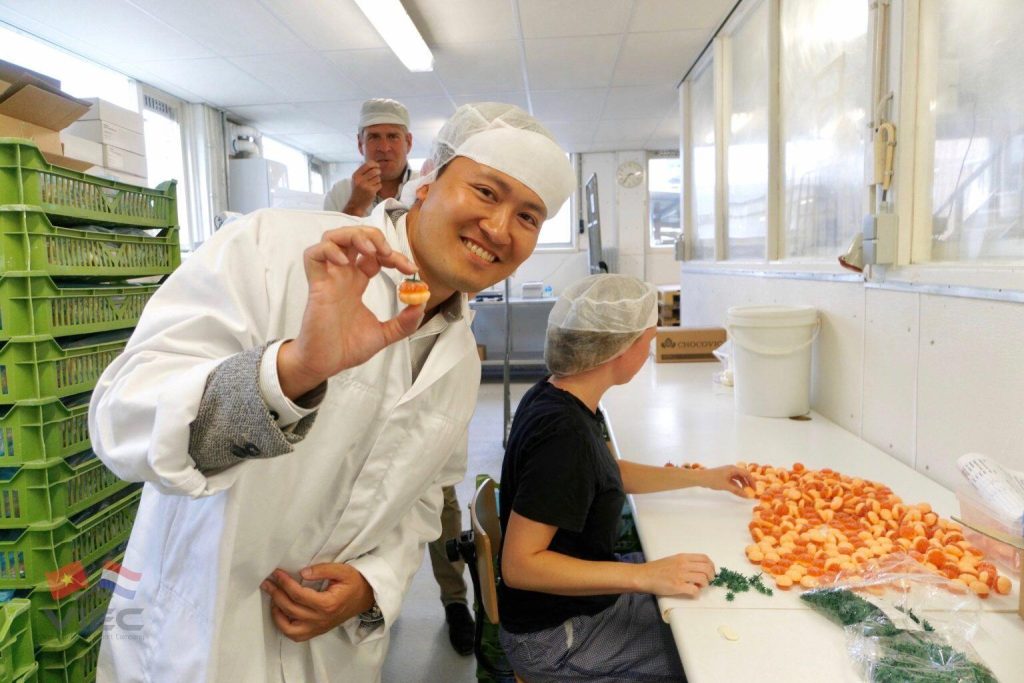
Solution & asssociation
VIEC, having over 11 years of experience in international trade and a deep understanding of Vietnamese culture, takes pride in being a partner that offers cost-effective solutions to Netherlands businesses for direct export to Vietnam. Our services are geared towards ensuring maximum cost savings and efficiency. To begin your journey with us, get in touch today.


